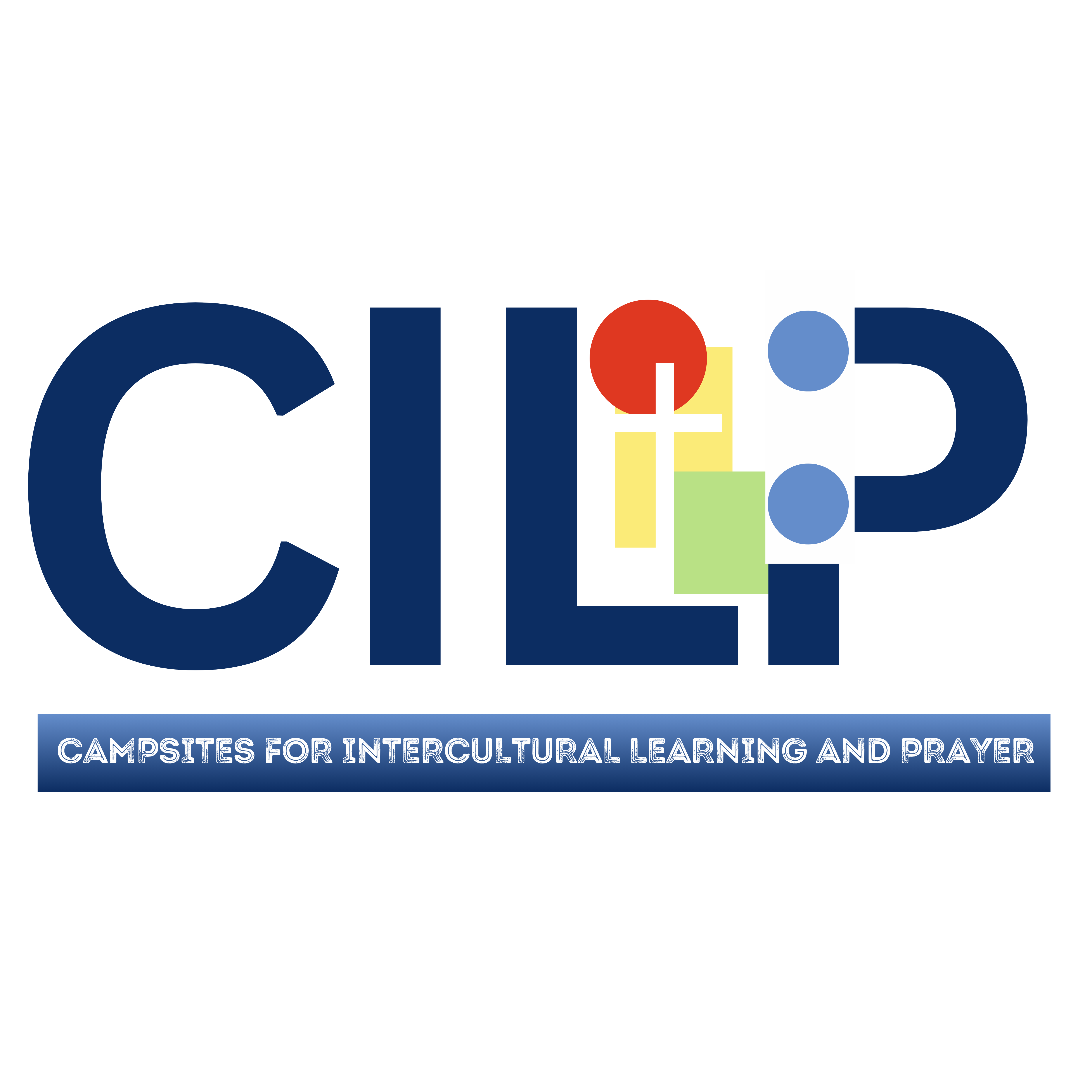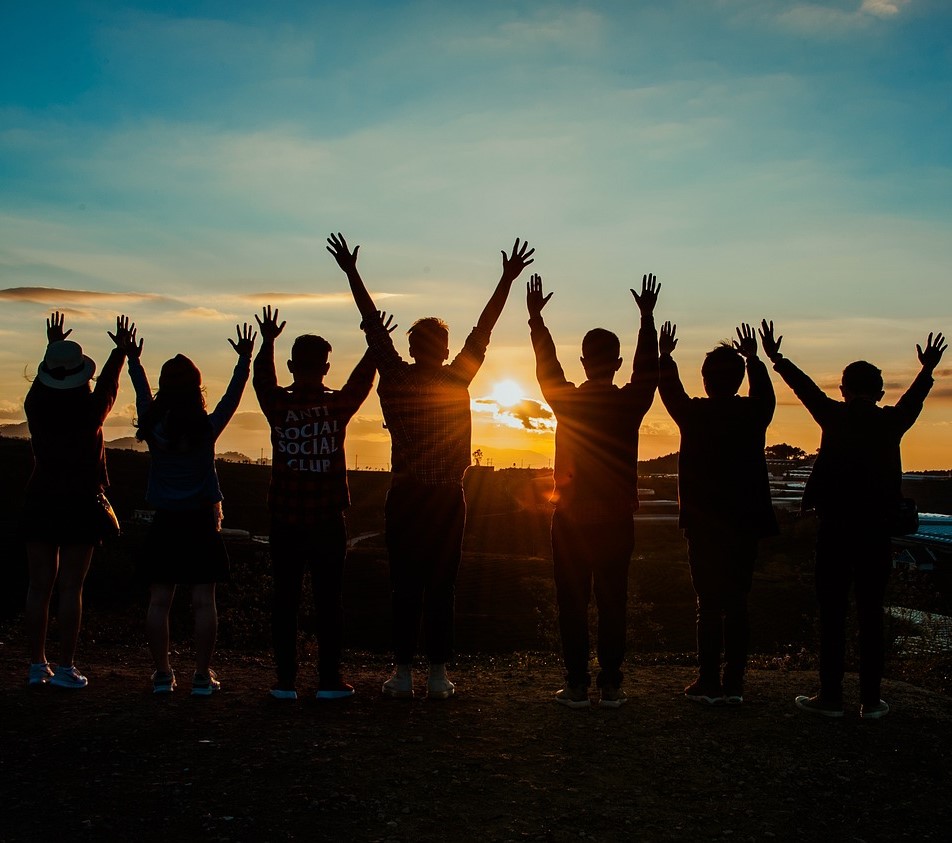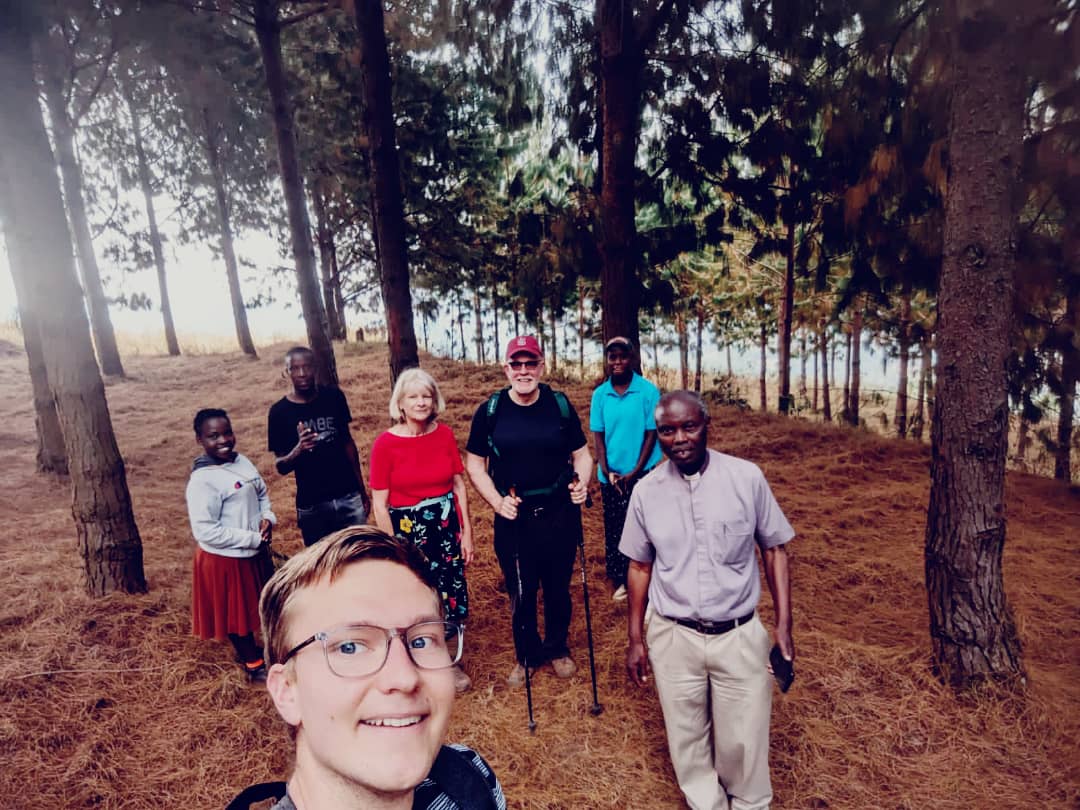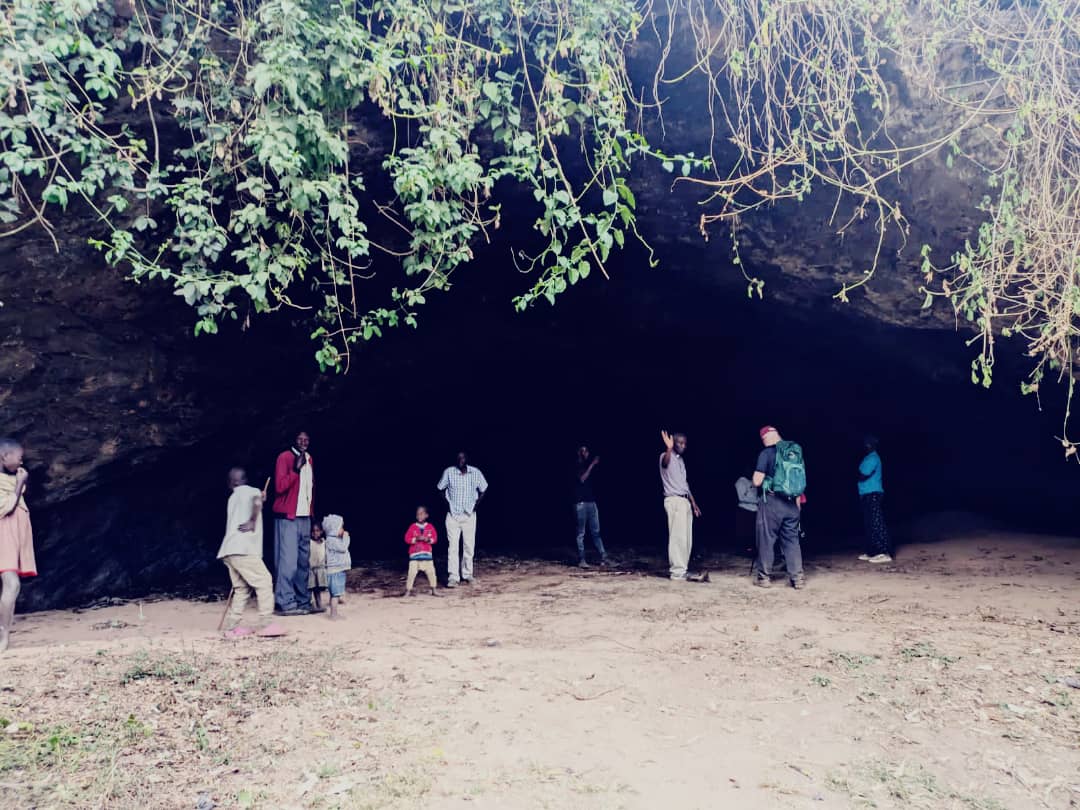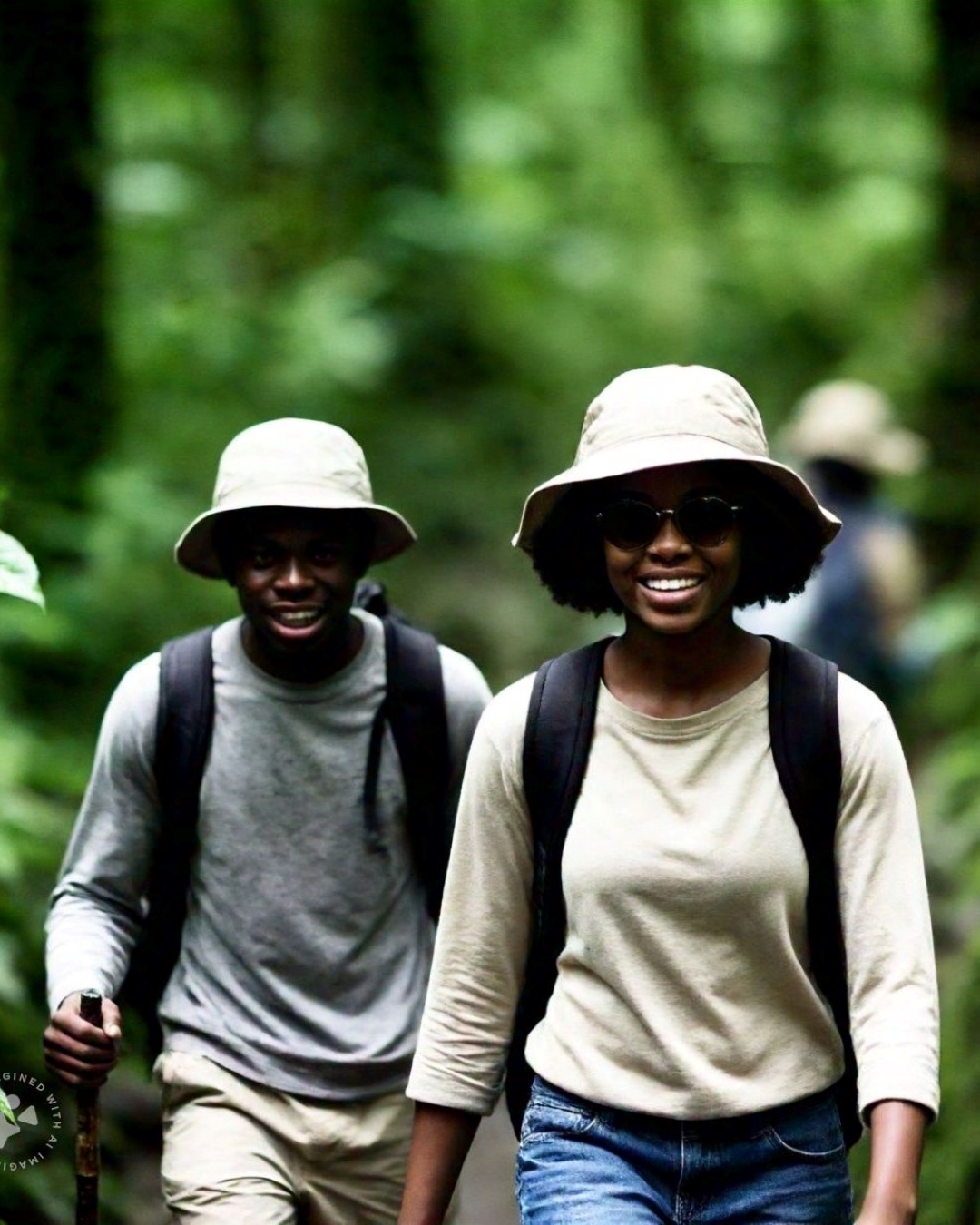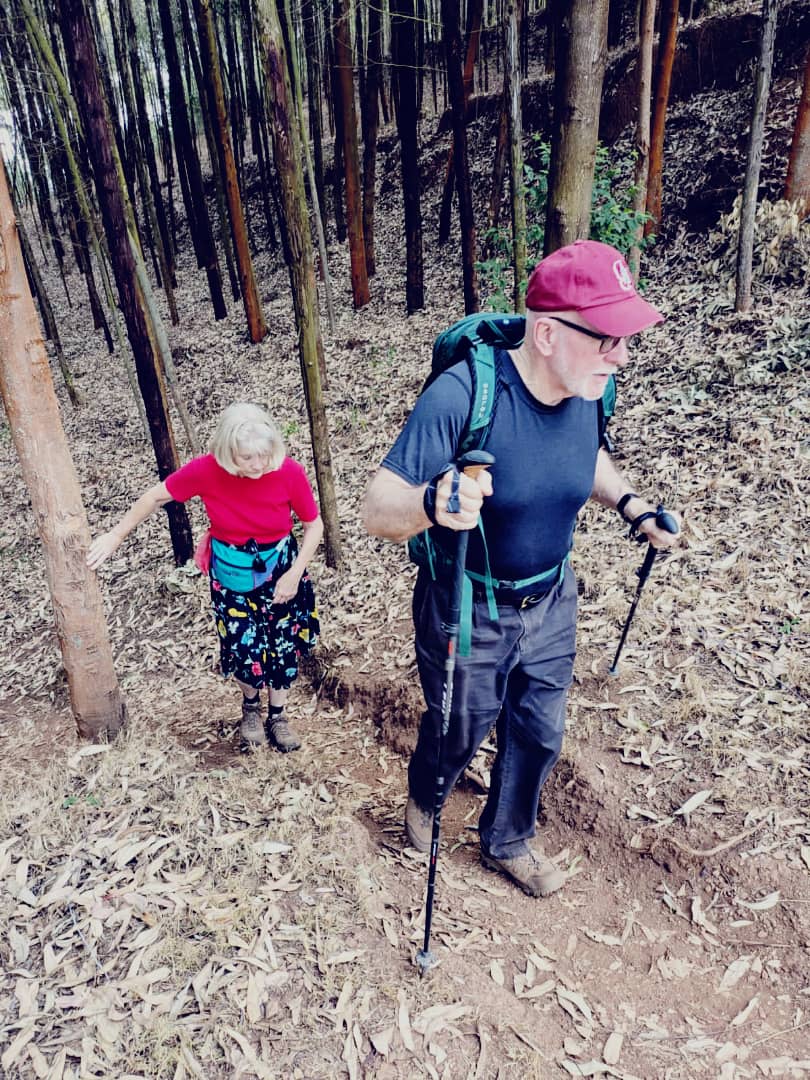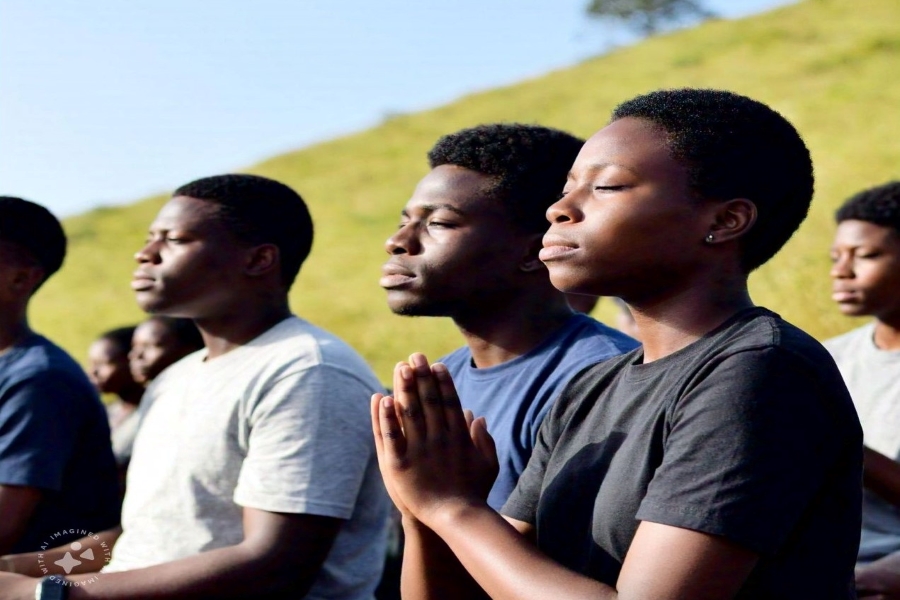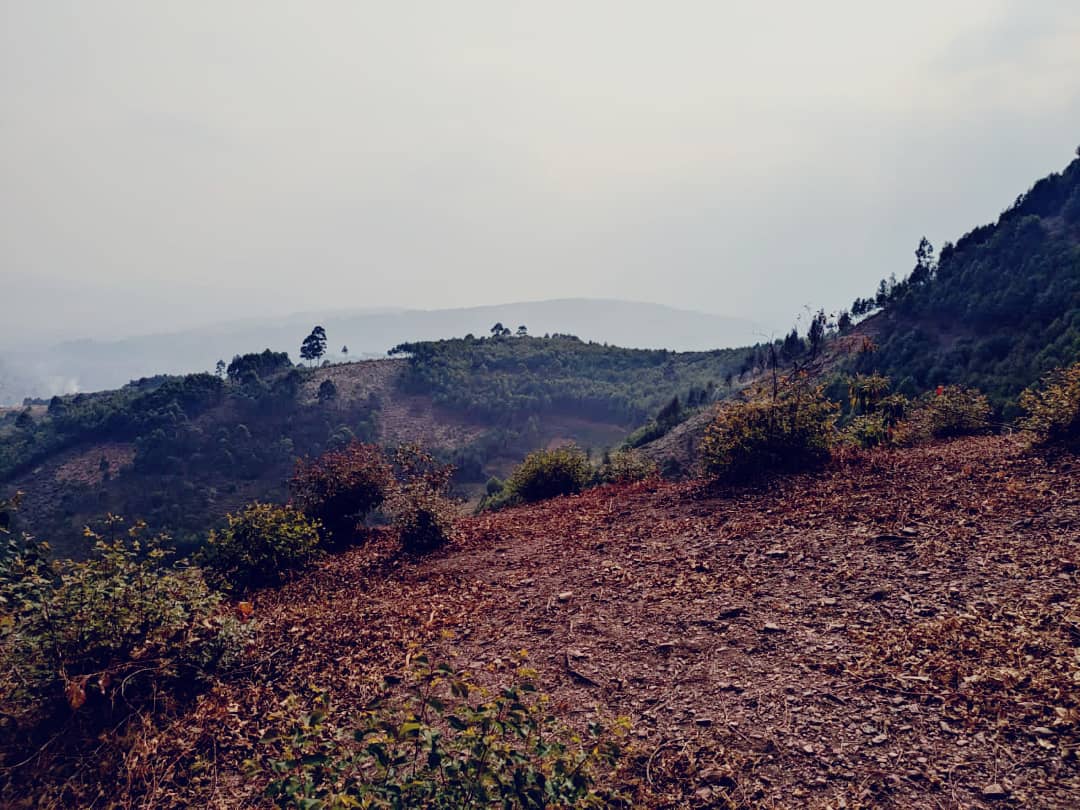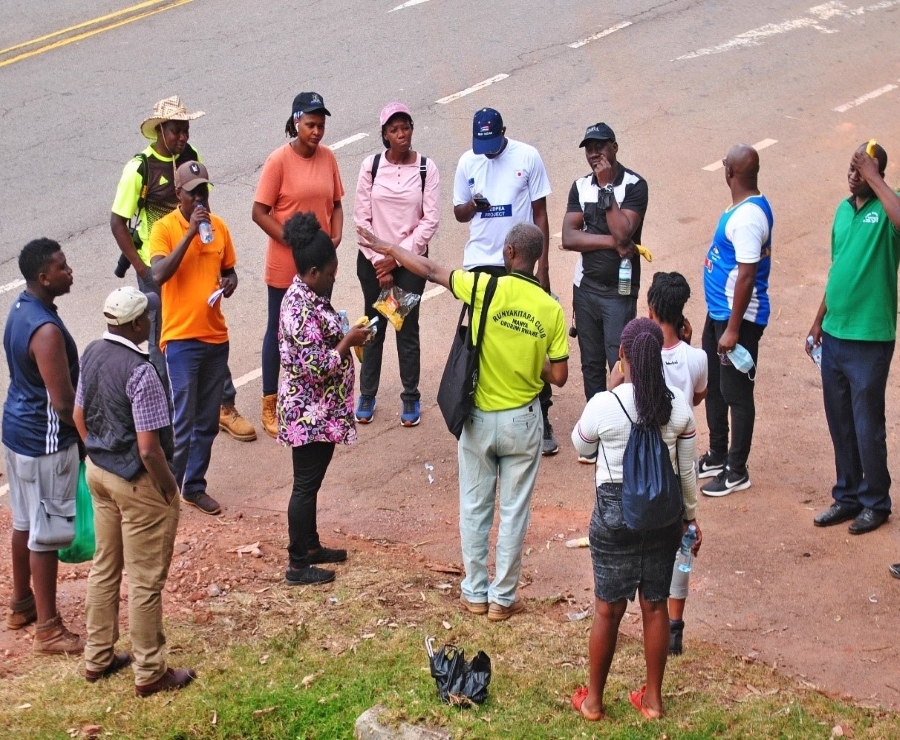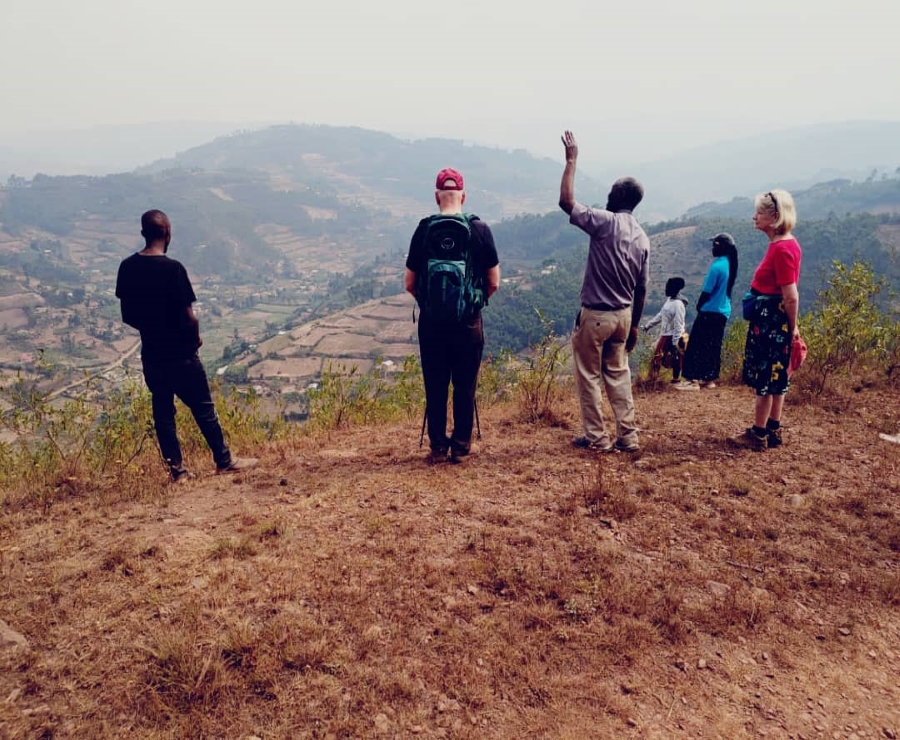The genesis of CILP dates back to a much younger Manuel Muranga who most unexpectedly fell among three fierce, spear-wielding Batooro men exactly on 22nd March, 1981. He feared this could well be his end on earth but hoped not. After cross-examining him one of the men said, “Ekikukirize, ori Mukiga!” Meaning “What has saved you is because you are a Mukiga”. According to Muranga, God revealed the following truth to him a few moments after those men had pronounced that statement and let him continue on his way, namely that if he had been a Mukonjo they would definitely have killed him. At twenty-nine years of age! Leaving behind a beautiful wife of two years and four months, an infant son of one year and five months, and an unborn baby left with hardly four months to see the light of day. This was what was known to the locals as Rwenzururu! Batooro were hunting and killing Bakonjo and Bakonjo were hunting and killing Batooro! A stark reality.
Muranga had known virtually nothing about Rwenzururu until then. It was a deadly reality, but that was our Uganda, our Uganda which his sons were going to grow up in. The thought of a motherland of that kind for his children was intolerable to him. He wept and wept as he walked on. Real tears flowing down his cheeks! Yes. He was going to see his parents and siblings for the first time in their new place, their migration home, so to speak; and also to say goodbye to them, for he was due to fly to Germany for further studies on 1st April 1981. He couldn’t go without doing this, for his doctoral studies were going to last a minimum of three years.
“As I walked on weeping for my country, thinking about that poor Mukonjo young man who would have been killed if he had been me, it also occurred to me that if I had been a Mutooro young man and had fallen among Bakonjo I would have been killed,” Muranga said. “I was lucky I was a Mukiga. But this ‘good luck’ provoked me to tears for my putative brothers, a Mukonjo who would have been murdered by Batooro, and a Mutooro who would have been murdered by Bakonjo. And for no other reason whatsoever than that they were a Mukonjo and a Mutooro respectively! It was a crime to be born a Mukonjo or a Mutooro! It was broad daylight. 3 o’clock in the afternoon! Good sunny weather!” Muranga found a tree with nice grass under it; he stopped, sat on the grass, and then knelt there. He prayed for his country Uganda. As he prayed, he remembered the title of a book he had read in S1 way back in 1967 at Ntare School. He had not understood it at all. But its title reverberated in his mind: “Cry, the beloved country” by one Alan Paton, a South African Mzungu who was concerned about the apartheid and racism in his country. Muranga realized that Alan Paton’s “luck” in being white was under these circumstances like his own “luck” in being a Mukiga. Neither Paton
nor Muranga had at their conception in their respective mother’s womb applied to God that he should be born into the race or tribe that he was born into. No! Nor had the black South Africans nor the Bakonjo or the Batooro chosen to be born belonging to those particular racial or ethnic groups. No, no, no! Muranga prayed and prayed and prayed under that tree in the present-day Bunyangabu District of Tooro region. He found peace and walked on. He found his parents and spent two or three days with them, taking in the magnitude and effects of this Rwenzururu problem and thinking about our multi-ethnic, multilingual and multicultural homeland Uganda, continent of Africa and planet Earth. There surely ought to be a better way to live, he thought.
The rest is history, as it were. When his father Ezera Muranga died on 21st September, 2003 and he was made the heir, “omusika”, to stand in his late father’s place vis-a-vis his mother and surviving siblings (for he had lost two in the meantime, Kedureesi in 1990 and Juliet in 1992), he prayed during the four official days of mourning (ebyosi) that he spent at their home in Kasaali Village, asking the Lord to reveal to him what He wanted him to do with the substantial acreage of land around the few square yards where they had buried his father, where the two sisters had been buried and where his mother would one day also be buried – which indeed happened on 3rd December, 2008. During those four days of mourning, God reminded him of the incident way back in March 1981. He realized that there was work to be done in sowing the seeds of peace and reconciliation and mutual respect between the Bakonjo and the Batooro as well as among all the tribes of Uganda, the ethnic groups of Africa and the world and the races of humankind. The name “Camps for Intercultural Learning and Prayer” (CILP) was given to him.

Muranga hopes and prays that the same work as here at Rwakatoryo for southwestern Uganda will be done at Kasaali in Tooro for the mid-western region; at Bakka near Kakiri, for the central region; at Kabuli, Busoga, his wife’s original homeland, for the eastern region; and in three other places in the northeastern, mid-northern and West Nile regions of Uganda. Seven CILPs altogether! Seven is a symbolic number. It is a vision way too big for any one person to manage alone. But it is God’s idea entrusted to humans. Muranga concluded, “God gave us Galatians 3:28 as the motto of this vision. Evangelism is at the heart of it, for the power to love one another truly across the ethnic and racial divide must be like Christ’s non-discriminatory love and can therefore only come from and be sustained by Him, Christ.”
After this touching story of the history of the physical Campsite for Intercultural Learning and Prayer at Rwakatoryo, the team descended the by now moderately steep slopes to another geomorphological wonder: the famous Nyakagyera Cave. The geological foundations and development of this amazing feature shall be an interesting study and story for another day.
